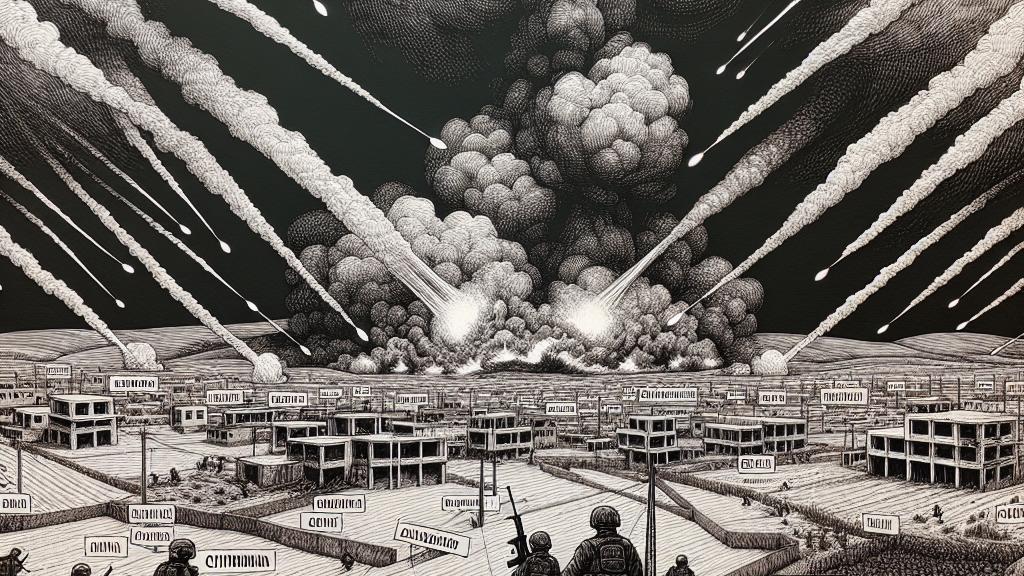Israel Strikes Hezbollah in Southern Lebanon Amid Rising Tensions
Overview
- Israel launches targeted airstrikes on crucial Hezbollah sites in southern Lebanon.
- Hezbollah claims 20 of its members were killed, escalating fears of war.
- International reactions are swift, with Turkey condemning Israel’s military actions.

A Surge of Military Action
On September 19, 2024, the skies over southern Lebanon were filled with the thundering sound of Israeli airstrikes. The Israeli Defense Forces targeted several key Hezbollah locations, including Chihine and Aitaroun, aiming to dismantle what they described as 'terrorist infrastructure.' These coordinated attacks were not mere gestures, as they were precipitated by deadly device explosions in Lebanon that killed 37 people, including innocent children. This calculated military operation has not only resulted in significant casualties for Hezbollah, which reported the loss of 20 fighters, but has also raised the specter of a wider conflict that could engulf the region.
Heightened Fears of Escalation
The atmosphere is charged with tension. Israeli officials have declared a 'new phase’ in their ongoing confrontation with Hezbollah, suggesting even more aggressive actions lie ahead. Gallant’s statement about focusing military efforts on dismantling Hezbollah's capabilities signals a potential escalation that could transform the conflict from a skirmish into a full-scale war. Meanwhile, local communities are on high alert, grappling with fears of further retaliatory strikes or device explosions lurking around them. The stakes have never been higher as the fragile peace in the region hangs in the balance, and many worry this could be the prelude to widespread violence.
Urgent Calls for Diplomacy Amid Crisis
International responses have been swift, with Turkey vocally condemning Israel's actions, warning that escalating military operations could lead to a regional conflict. Even the community within Lebanon feels the weight of uncertainty; Hassan Nasrallah, Hezbollah's leader, fiercely denounced the strikes and hinted at possible retribution. He referred to the situation as a humanitarian crisis of grave proportions, raising awareness of the urgency for a diplomatic resolution. As devices still roam within Lebanon, civilians live in constant dread of unforeseen blasts, underscoring the critical need for dialogue to avert an all-out war in a region already teetering on the edge.

Loading...